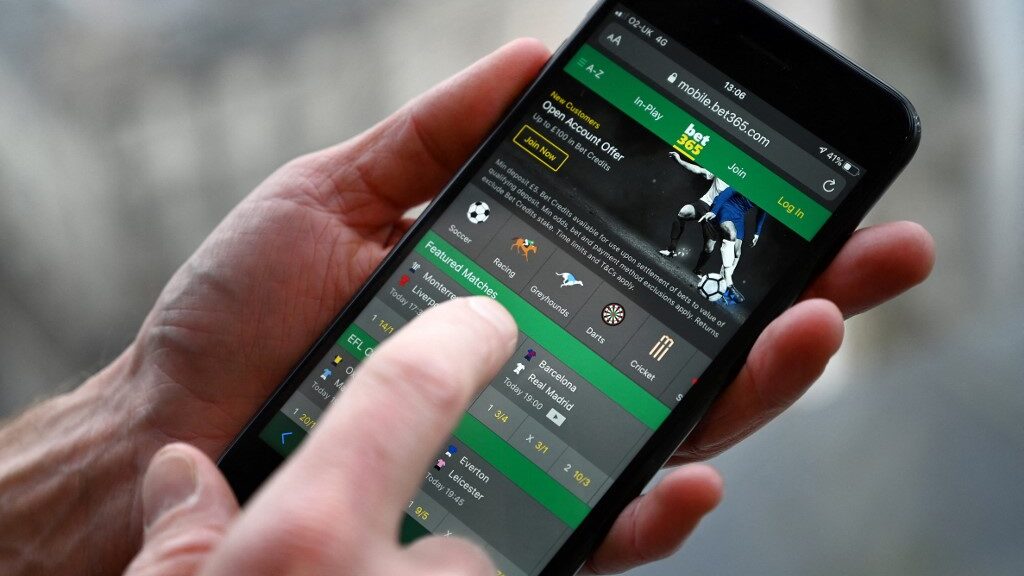
Green Mountain State legislators have given enormous latitude to the state’s Department of Liquor and Lottery to determine how sportsbook operators get selected but their unorthodox methods could turn off the very same platform providers that could make the state the most money, threatening the prosperity of Vermont sports betting.
Request for Proposals
Vermont’s Department of Liquor and Lottery (DLL) issued a request for proposals (RFPs) on July 19th to all interested online sportsbooks looking to operate in the Green Mountain State and has set a deadline of August 28th in which the RFPs must be returned. The DLL intends to inform winning bidders on September 2nd, only a few days after the RFPs are due.
And while that is a normal course of business, the wide berth the legislature has given the DLL in setting the rules of the game by which the platform providers will be judged has raised a few eyebrows.
Once the RFPs are answered and returned, the DLL is advised to choose between two and six providers but is given the leeway to select one or even none. Once the companies are selected, a New Year’s Day launch is the target date, just in time for the NFL playoffs.
“The NFL regular season ends January 7, and that’s when the playoff season starts, so we’ll be real primed for the NFL playoffs,” Wendy Knight, the commissioner of Vermont’s Dept. of Liquor and Lottery, told WPTZ-TV of Burlington.
Online-Only Platforms and Betting Restrictions
The use of credit cards will not be allowed to fund accounts and the only betting on in-state collegiate teams will be in tournament or postseason play, much like its New England neighbor to the south, Massachusetts. The minimum betting age is 21 and there will be no retail sportsbooks, only online and mobile platforms.
Vermont Governor Phil Scott has been a long-time sports betting advocate and reminded the electorate and the legislature of that fact during the signing of the bill, “I first proposed Vermont legalize sports betting several years ago, and I’m happy the Legislature has come to an agreement as well,” Scott said.
“We know many Vermonters already participate in the marketplace, and bringing it above board provides important resources and consumer protections. Vermont now joins many other states who have made this move,” added the governor.
Strange Brew
As Alice said when she visited Wonderland, things are getting “curiouser and curiouser.” It’s a strange brew the DLL and the legislature have concocted and in our report on Vermont’s sports betting news last week, we noted that FanDuel was the most outspoken in its objections to the many unusual demands that Vermont has made which other states have not.
One of those was forcing the sportsbooks to reveal proprietary source code to Vermont’s chosen independent testing lab, Gaming Laboratories International, to certify that all components meet or exceed the standards set forth by Vermont.
FanDuel Director of Regulatory Affairs, Andrew Winchell wrote, “If the Mobile Sports Wagering Platform meets or exceeds the specifications set forth in these Procedures or other technical specifications as prescribed by the Department, the independent testing laboratory approved by the Department shall certify the Mobile Sports Wagering Platform. Sportsbooks are prohibited from offering Sports Wagering in Vermont without such certification.”
But here’s where things get even more unusual. The DLL will grade each sportsbook on a scale of 1-100, in a revenue and technical portion.
The revenue section has two distinct categories, one is how much the sportsbook believes it will pull in revenue with evidence to prove their contention and another is how much revenue they are willing to share. A minimum of 20% is mandated while 51% would give that book a perfect score of 100 in that category.
Other technical categories that are important include:
- Hardware and software that the online sportsbook runs on.
- Services that the sportsbook utilizes like age verification and payment processing.
- Responsible gambling plan.
And here’s another – only in Vermont kind of thing. The RFP states that those bidders that represent Vermont residents and/or “products raised or manufactured in the state” will get preference as will those companies “who have practices that promote clean energy and address climate change.”
All these somewhat nebulous and funky protocols could backfire if sportsbooks deem that the state with the second smallest population in the nation isn’t worth the effort. Perhaps the DLL and the legislature hadn’t heard but successful blueprints have been written in 30-plus states and counting.
Ironically, one of the only jurisdictions to buck the system and go its own way was Washington DC, giving a no-bid mega contract to one company, Intralot, that few outside DC had heard of and the results have been an abject failure.
Politicians and board members are not gaming industry experts, and if they are smart, they will allow those who are, to run the show in Vermont as successfully as they have all across the nation.













